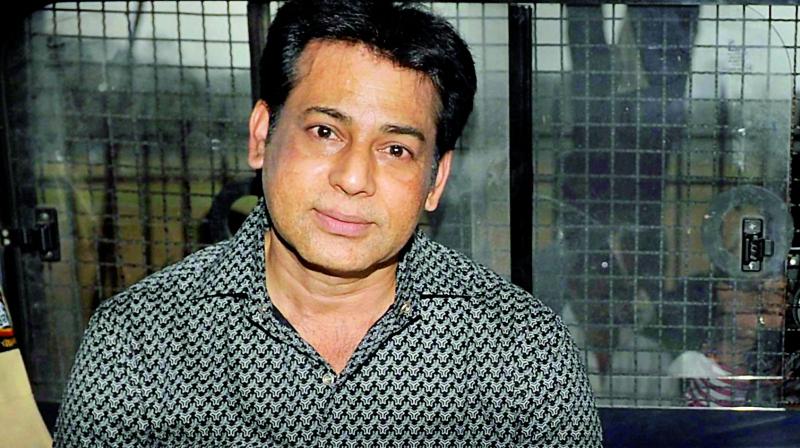A truly fit case for the death penalty
Abu Salem's case will serve as a reminder that the death penalty is still logical when punishing terrorists.

Another set of accused has been convicted for the heinous conspiracy behind the March 12, 1993 Mumbai serial blasts. But there can never be true closure in a terrifying case that left 257 dead, 713 injured and a mega-city wounded forever, its soul scarred by the series of blasts triggered by communal hate. Two of the major conspirators are still at large, the most notorious of them being Dawood Ibrahim, sheltered by another country, with the finger of suspicion pointing definitively towards Pakistan. So long as Dawood, his brother Anees, Tiger Memon and many of their co-conspirators are at large, Mumbai and India can’t rest content. It’s a sign of the ponderous state of the Indian justice system that even a special Tada court should take so long to convict and sentence the guilty, while at least six died serving time.
A long process of appeals to the Supreme Court remains. Where the issue rankles most is the life sentence given to Abu Salem. This was done to appease Portugal, where Salem sought refuge, knowing full well that European nations have scrapped the death penalty. It’s a crying shame that a master perpetrator of terror unleashed on innocent citizens should be spared a sentence that others — including those who handled the money and logistics —were awarded, one of which was also carried out —in the case of Yakub Memon. The West never understood what terrorism really meant until it stared it in the face during 9/11. India, struck in Mumbai and then Coimbatore (1998), had seen communal terror earlier, albeit as a ricochet of the provocative demolition of the Babri Masjid. It’s only now that the gravity of terror as the single biggest spoiler of social harmony is being understood as a threat to modern civilisation. Abu Salem’s case will serve as a reminder that the death penalty is still logical when punishing terrorists. It stands to reason that the death sentence on Taher Merchant and Feroze Khan won’t be carried out until the Supreme Court confirms it.
In a country that believes in its justice system and its laws, the statute book can’t be thrown away even in the case of culprits who plot terror against society. It’s not bloodletting that should demand or determine the ultimate penalty someone must pay for the senseless killing of others. However, regardless of what humanitarians may say about the death penalty, there is a reason for it to stay, certainly in extreme cases of terrorism. The plight of those who have been maimed by the Mumbai blasts and who were given a pittance as compensation is sufficient to disabuse notions of humanitarianism while dealing with the likes of Abu Salem, who as the judge said didn’t use RDX to exterminate mosquitoes.

